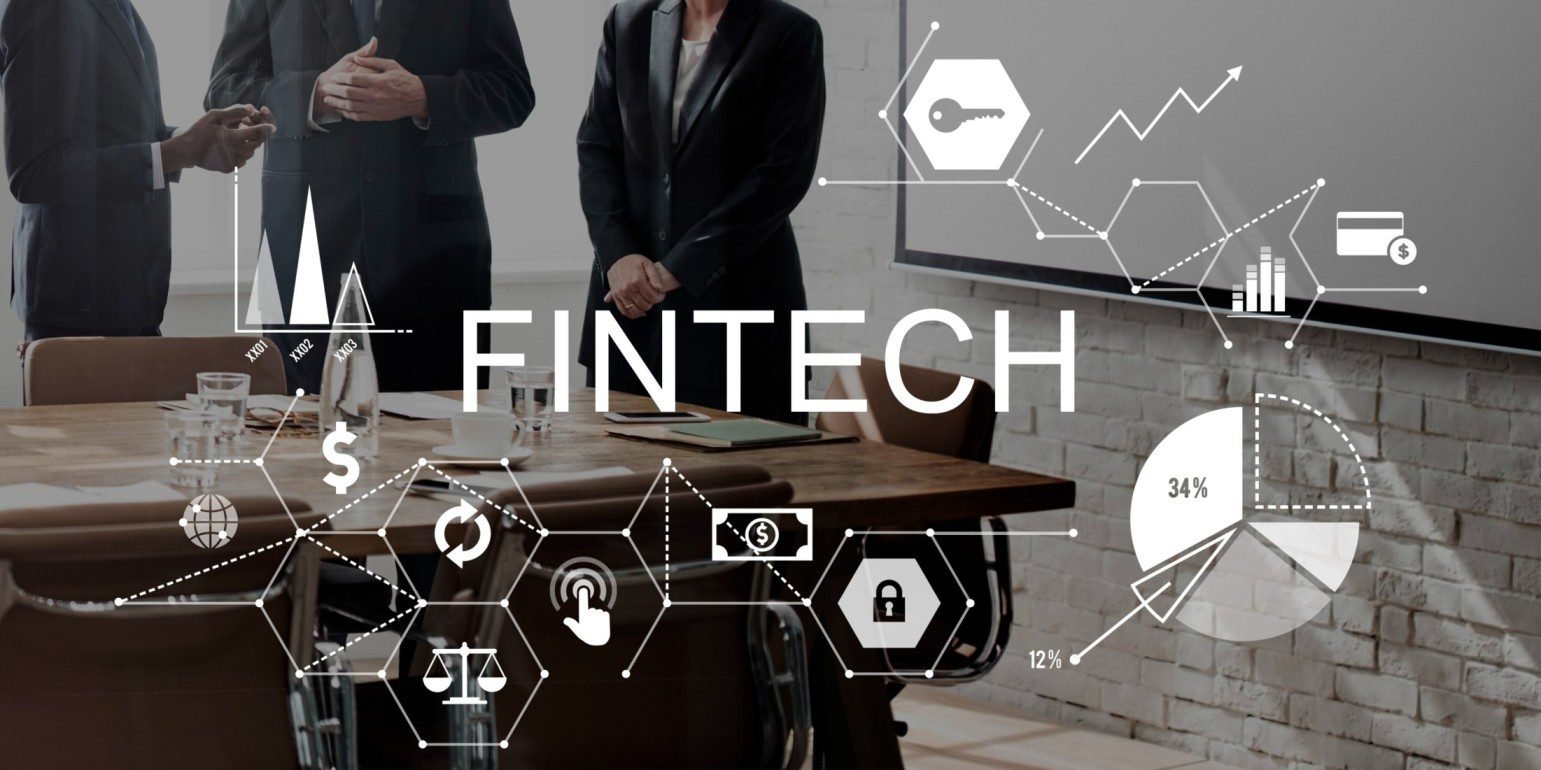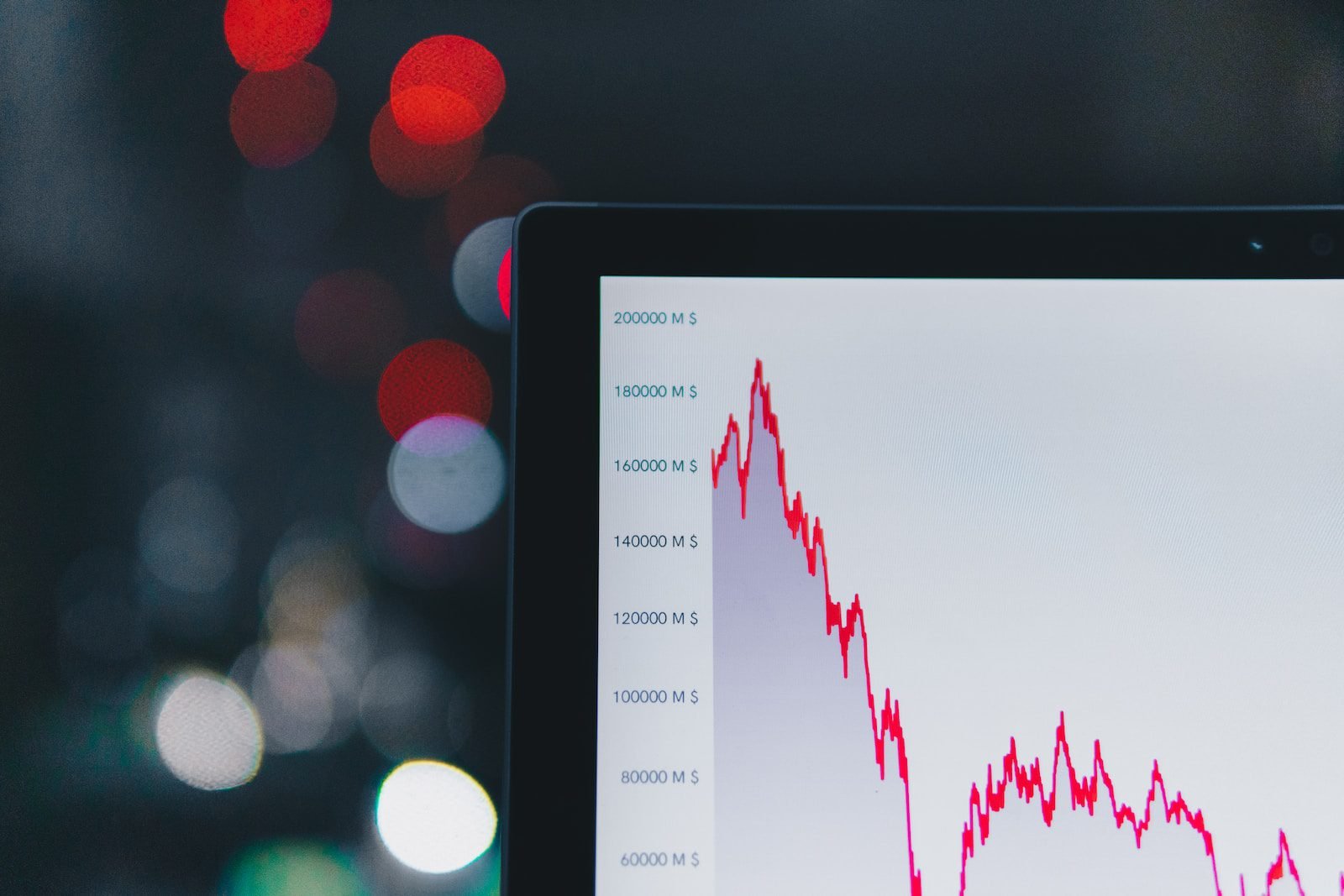March 9, 2023
New Delhi, India
Introduction
Today’s financial markets, which trade tens of millions of securities in a single day alone, are being whole dimensionally transformed by the force and potential that is artificial intelligence. AI is having a particularly big impact on algorithmic trading, which uses complex mathematical models and targeted data analysis to make automated choices about when to either buy or sell. They can use AI technologies like machine learning and natural language processing to rapidly analyze huge stocks of stock market and currency data, helping them make trading judgements faster than before. In this article, we are going to look at the power of AI in fintech and reveal the mysterious veil over algorithmic trading.
Understanding the role of AI in financial technology (Fintech)
An essential aspect of AI’s use in fintech is its efficiency at processing and collecting information. In contrast, traditional trading methods are unable to keep pace with the volume and speed at which data is generated in financial markets. But AI-driven algorithms can digest, analyze and understand this data, giving traders crucial insights.
Second, AI algorithms can adjust and learn from previous patterns and trends. This means that they get better with use- you give them a few predictions to work on and they are able to constantly improve their own accuracy over time. This kind of adaptability is a game changer in the financial world, where market conditions keep changing.
Algorithmic trading With the addition of AI, new levels of speed and precision are possible in financial markets. However, although AI could be the making of a new kind of trading strategy, it should never replace human knowledge.
Exploring Algorithmic Trading
Algorithmic trading (or algo-trading) is the carrying out of trades based upon predetermined instructions. These instructions are based on a set of rules and criteria that aim to capitalize on the market environment. Algorithmic trading has become more powerfully AI-driven than ever before.
Algorithmic trading is an example of the use of AI algorithms, which can process large amounts of market data for price movements and volumes traded in real-time. They can recognize patterns and trends that are not easily observable by human traders. With these algorithms in place, the trades can be carried out automatically without any need for manual intervention.
The speed of algorithmic trading is an important advantage made possible by AI. With AI algorithms being able to analyze data and execute trades in milliseconds, financial institutions are now capable of catching even the smallest market moves. Because of this speed and agility, they have an edge over traditional trading methods.
Emotional biases are another advantage of AI in algorithms trading. Some emotions such as fear and greed experienced by human traders can cause them to make irrational decisions. As for AI algorithms, they are all data and logic; trades will only be executed according to objective criteria.
But there are also obstacles and risks to the application of AI in algorithmic trading. One such obstacle is the fact that these algorithms must be constantly monitored and adjusted. But market conditions change quickly, and algorithms have to be revised periodically for them to remain effective.
Add to all this the possibility of unintended consequences. Their performance is only as good as the data they are trained on. But if the data is biased and inaccurate, then predictions will be wrong; trading strategies doomed to fail. Financial institutions have to choose the data specifically and thoroughly screen it before training these algorithms.
In the next section, we will take a closer look at some of the technicalities involved in algorithmic trading and introduce you to several strategies and tools using AI. Watch this space. See how AI is changing the face of algorithmic trading.
How can Algorithmic Trading benefit from AI?
The strength of artificial intelligence (AI) in algorithmic trading is undeniable. In other words, the application of AI in this area has changed how financial institutions trade and invest. We will examine the various advantages of using AI in algorithmic trading, here.
Second, what incredibly speed and accuracy AI algorithms have in analyzing huge quantities of market data. These algorithms can process real-time price movements, trading volumes and news events in milliseconds; they can quickly spot patterns or trends that human traders may have overlooked. This provides a data-driven basis on which financial institutions can make informed trading decisions.
Moreover, AI-controlled algorithmic trading gets rid of the psychological bias so typical among human traders. Emotions like fear and greed can cloud judgment, leading to poor decision-making. The biases described here cannot touch AI algorithms, which are completely driven by data and logic. Because AI disregards emotional factors, it focuses on the use of objective criteria to execute trades. This allows for more consistent and disciplined investing strategies.
In addition, the speed and flexibility with which AI algorithms can execute trades is unmatched. They can analyze, process and execute trades in milliseconds. Financial institutions are thus able to profit from small market variations. The speed and accuracy offered gives an edge, allowing institutions to take advantage of profitable trading opportunities that would otherwise go unexploited.
In summary, the benefits of using AI in algorithmic trading are twofold: sophisticated picking–with well-organized data and the absence of emotional biases, it means better trading. AI algorithms in turn add much speed and accuracy to these advantages, making them an indispensable weapon for today’s rapidly changing financial markets. Algorithmic trading algorithms and strategy We’ll go into some technical aspects of algorithmic trading in the next section. Follow along to discover the magic of AI-based algorithmic trading.
Challenges of putting AI into Fintech
The full power of AI in fintech can only be achieved by overcoming several obstacles. The availability and quality of data is one key challenge. To be effective, AI algorithms require vast quantities of high-quality data. But gathering and sorting out this data is a headache.
A second challenge is a lack of skilled professionals who can design, develop and operate AI systems. Being able to develop and train AI models means having knowledge of programming, mathematics or finance. Also, the ever-changing nature of AI technology necessitates that professionals keep up with developments in this area.
In addition, the implementation of AI in fintech must consider regulatory and ethical issues. Following regulations on data privacy, fairness and transparency is important to make sure that AI algorithms are used in a responsible and ethical way.
In the next section, we will take a closer look at these issues and examine how financial institutions should respond. Find out how to make AI work in fintech, and discover the power of algorithmic trading.
AI and Fintech in the future
The opportunities offered by AI are limitless. Because technology is developing faster than ever before, we can anticipate that as AI evolves more and more it will drive even further changes in the financial field, specifically algorithmic trading.
How can AI help traders and investors make better decisions is a crucial consideration. Algorithms based on AI can process large datasets in real time and offer useful bits of information and predictions that help traders to make more intelligent, accurate financial investments. This can improve profitability and reduce risks.
In addition, AI can spot trends and outliers in stock markets that human traders might easily overlook. At the same time, using machines learning and advance algorithms financial institutions can get ahead by taking advantage of market inefficiencies and making rapid trading decisions based on data.
One particularly interesting aspect is that the AI-powered trading algorithms are able to keep on learning and evolve. These algorithms react to market trends, historical data and other relevant information in order to self-optimize over time. This process of perpetual learning and experimentation can result in more effective, profitable trading methods.
In this respect too, AI can help automate routine tasks and processes so that financial professionals are free to devote more time to higher-level strategic thinking. That could mean higher efficiency and productivity within financial institutions, which is good for both clients and businesses.
In the next sections, we will look in detail at these groundbreaking possibilities. We will consider the problems of implementation as well as possible solutions, and address some ethical questions it raises. Check back to find out how AI is helping shape the future of algorithmic trading in finance.
Conclusion
Finally, the potential of AI in fintech–specifically algorithmic trading–is undeniable. Thanks to its great capacity for analyzing extremely large volumes of real-time data, AI can provide helpful observations and accurate predictions which serve as the basis for more effective decisions made by traders or investors. Further, when the AI-driven algorithms detect patterns and anomalies that human traders might not observe themselves, this can translate into competitive advantages as well as trading decisions based in data. Furthermore, the self-learning and adjustment capabilities of AI algorithms help to form more effective and profitable trading strategies. In addition, the automation of repetitive tasks and processes saves time for commercial professionals to undertake higher-level strategic responsibilities enhancing workers ‘productivity. We will continue our exploration of the difficulties in implementation, possible answers and ethics regarding AI.




